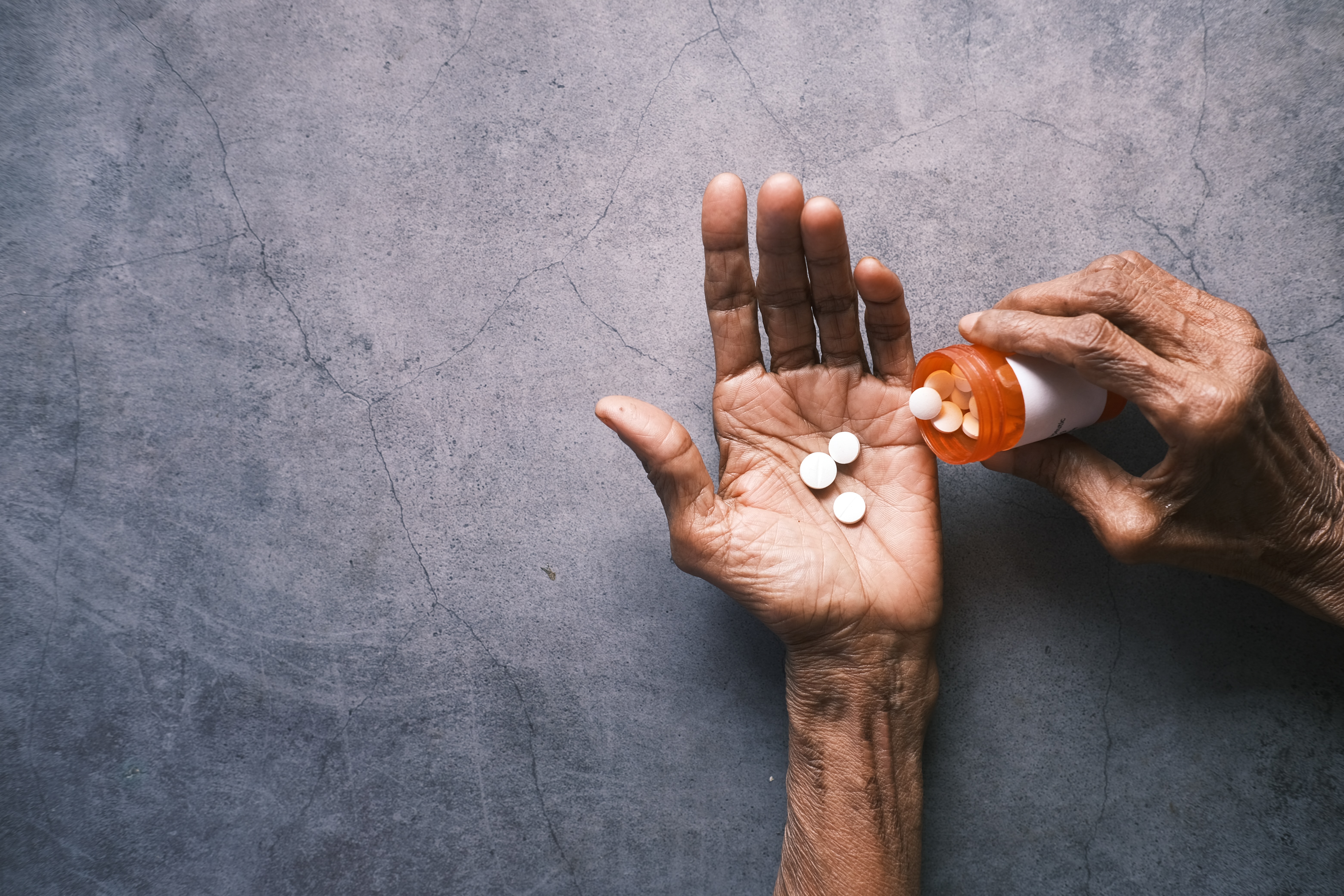Healthcare, like immigration, has a demand problem. Patients routinely wait hours for a room in hospitals that don’t have enough beds or the staff to treat them. Burnout rates among healthcare professionals ranged from 30 to 60%—and that was before the pandemic. In fact, all of these issues predate Covid. The healthcare system and its workers have been under tremendous strain for some time, largely because half of U.S. adults have a chronic disease requiring care. Hiring more nurses and building bigger hospitals isn’t wrong, but this isn’t sustainable. It also doesn’t get at the heart of the problem.
The reason why America is the most unhealthy developed nation by nearly every metric is that we build and inhabit unhealthy environments. Pollution, food deserts, and unsafe, unwalkable cities all play a role. This is another way in which healthcare and immigration overlap. Whether your neighborhood is so unhealthy that you develop asthma, or your country is so unsafe that you leave with only what you can carry, your environment can dictate the course of your life.
And built environments and lived experiences are largely shaped by policy. Countries like Venezuela, which has seen some 7 million people flee since 2014, can point directly to the policy failures (and corruption) of previous governments for their current challenges.
On the healthcare front, several policies have contributed to our poor health:
- Subsidizing ingredients like sugar and corn that are processed to give minimal nutrition while contributing to obesity, diabetes, and heart disease.
- Monetary policies that are associated with food insecurity. For example, the Earned Income Tax Credit or the minimum wage.
- "Redlining" that forced generations of black Americans to live in under-resourced, impoverished, and dangerous neighborhoods.
Amidst these failures, there are several success stories—instances where policy decisions shaped our environments for the better:
- The Clean Air Act of 1970 is estimated to have saved millions of lives since it was signed into law.
- The removal of lead from gasoline, which saves 1.2 million lives each year.
- New York’s indoor smoking bans, which led to nearly 4,000 fewer hospital admissions in its first year alone.
- The ongoing push to eliminate trans-fatty-acids from the global food supply, which single-handedly killed more than 500,000 people per year worldwide. They’re already banned in the U.S.
Without these public health victories, more of us would be living shorter, more disease-filled lives.
And, beyond lives saved, there are economic benefits to public health policies. It’s estimated that the global phaseout of unleaded gasoline saves $2.44 trillion per year. It’s also tremendously costly not to implement certain public health policies. For example, some people may believe that smoking cigarettes should be a choice, but that doesn’t shield society from paying the roughly $900 billion annual price tag for that freedom.
It’s clear that policy can be beneficial, however, as any observer of U.S. politics knows, it is anything but easy to pass legislation. Elected officials have become more partisan and less inclined or able to compromise for the benefit of the American people. Many representatives also lack the political courage required for governance, as shown by the rare act of voting against party-lines. And even when congress does propose legislation aimed at prevention, it’s often the first thing to be cut from budgets (see here and here).
The challenge of prevention is that, "when it works, nothing happens." We don’t spend our time appreciating disasters avoided. Once something has become a norm, we stop thinking about it and future generations don’t know any different. This is a stumbling block not just for legislators but humans in general.
So, we find ourselves stuck in the familiar situation where the one thing that we know can help (legislation) is the one thing we can’t manage to do. And until we pass legislation, we’ll be forced to exist in a never-ending triage mode—in hospitals and at the border.

.png)
